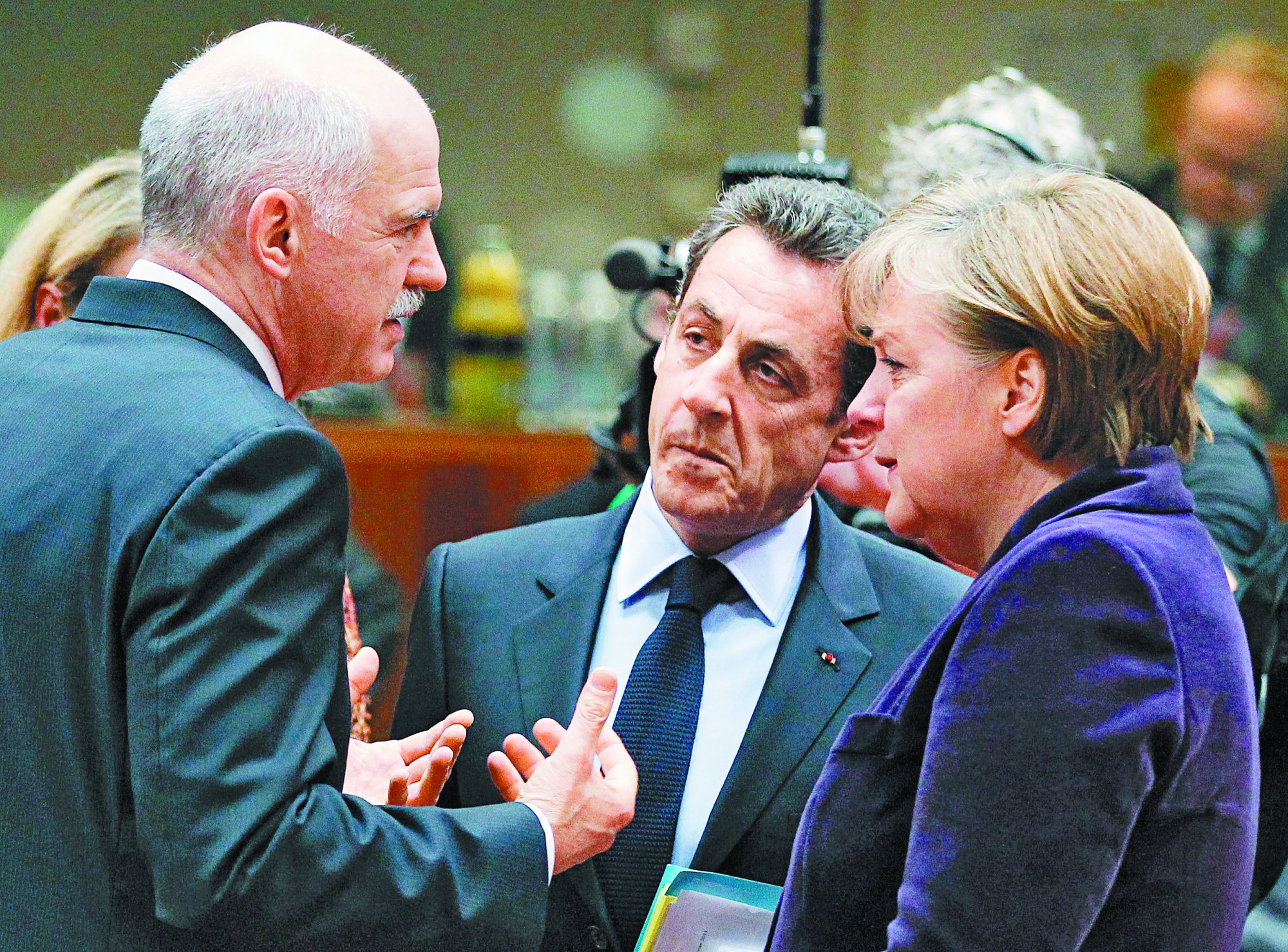Gabriele D’Annunzio e Luigi Pirandello: they are the names in pole position for a place in the first written test of the 2024 high school diploma, at least according to the students. Less than two months before the start of the exams, set for June 19th, the bets of the graduates are going crazy, which is not limited only to the authors eligible for the text analysis tracks.
In fact, “heavy” anniversaries such as those linked to Matteotti caseat the birth of Oppenheimer or upon the death of Lenin they drive the list of ideas for the other types of tracks.
There are those who think about artificial intelligence
The same applies to current issues such asartificial intelligencethe gender violence eh ongoing conflicts worldwide. These hypotheses were collected by the traditional survey of the Skuola.Net portal, which interviewed 1,000 high school graduates.
If a piece of 19th century prose were to emerge for the analysis of the text – works can emerge from the unification of Italy onwards – for the children, therefore, the “vault” of Pescara would be in pole position: more than 1 in 3 are convinced of this. If, however, the choice of the ministry were to fall on twentieth-century prose, the favorite would be the Sicilian playwright: more than 1 in 4 indicates this.
This is a scenario very similar to the one recorded on the eve of the 2023 final exam: this time too, however, their preferences risk being disappointed. Because, in the end, although the graduates almost always put this pairing ahead of all the other candidates, they practically never appear among the exam tracks: Pirandello’s last appearance dates back to 2003, that of D’Annunzio is lost in the mists of time.
From Verga to Pascoli with a thought for Leopardi
In the same way, it is unlikely that there could also be a second choice among the authors who can be placed between the nineteenth and twentieth centuries: Giovanni Vergaselected by 28%, already proposed in 2022. Better chances, if anything, for the 20th century alternative: Italo Svevooptioned by 21%, whose last appearance dates back to 2009.
But the truly guessable prediction could be the one relating to a possible poet. One of the text analysis tracks will most likely focus on a composition in verse. And at the top of the list of students is Giuseppe Ungaretti, indicated by 16% of those interviewed: he himself, who has already left in 2006, 2011 and 2019. Next we find Giovanni Pascoli (15%), who however has already been selected in 2022 and therefore it is unrealistic that he will return this year. Third place for Giacomo Leopardialso at 15%, who has never boasted of a presence in a state exam since Berlinguer he reformed it, almost thirty years ago.
The return of the unknown author
However, 8 out of 10 high school graduates fear the return of the “unknown” author, one of those names that isn’t studied much at school. Any examples? Magris in 2013, Caproni in 2017 and, partly, Moravia in 2023. While over 7 out of 10 are looking for a female author: 34% are counting on it, 39% are hoping for it, considering the time is ripe for their debut in writing Italian.
Among the tracks of the first test, as mentioned, there will also be ideas taken from productions of a historical, artistic, scientific, political, social nature and so on and so forth. Which will be the basis of the three argumentative text proposals. On this, excellent starting points could be historical events or anniversaries linked to famous people.
The bet on anniversaries
In the first category, the favorites of the graduates are: the centenary of the Matteotti crime, cited by more than a quarter of the sample (27%); the 110 years since the outbreak of the First World War, reported by 15%; the 75 years since the founding of NATO, track expected by 13%; the 35 years since the fall of the Berlin Wallon the launch pad for 10%.
In the “famous anniversaries” section, however, the one most supported by the students recalls the 120 years since the birth of the American physicist Robert Oppenheimer, with all the talk about the atomic bomb: it put him in the crosshairs 1 in 4, perhaps stimulated by the recent Oscar-winning film. Alternatively, it would be very welcome – 20% say so – the centenary of the death of Nikolai Lenin. Or, but more detached, the canniversary of the death of the Czech writer Franz Kafka: 10% of graduates would willingly try their hand at it.
Scenarios on current events
Current affairs are inevitable, at the center of two exam tracks. Here the most debated topics reign supreme at this juncture. On the podium we find a more or less equal triptych, cited by one interviewee in 5: artificial intelligence and new digital frontiers, violence against women and gender equality, the Israeli-Palestinian conflict. Finally, this last argument is also linked to the one on a possible “existential” type of trace.
Because it may happen that students are asked to talk about great human issues. If this were the case at the 2024 maturity, the boys are aiming hard precisely on “peace” theme (22%), followed from the “future” (19%) and from “historical memory” (13%). “It’s a shame that the toto exam often clashes with the programs actually carried out in class, which more often than not fail to cover authors, works and historical facts which instead are protagonists in the final exam”, commented Daniele Grassucci, director of the school .Net.
#Maturity #exam #full #track #started #usual #DAnnunzio #Pirandello #focus #Oppenheimers #Oscar #effect #artificial #intelligence
– 2024-04-23 06:01:52


